Buhari Breaches Human Rights In Blocking 72m Phone Lines, Legal Action Looms
President Muhammadu Buhari breached human rights laws in ordering the blocking of 72 million active telecommunication subscribers from making calls on their unlinked NIN-SIMs.
Socio-Economic Rights and Accountability Project (SERAP) pointed out the breach in an open letter to the President on Sunday.
It urged the president to rescind the order.
It asked the president to “direct the Minister of Communication and Digital Economy, Isa Pantami, and the Nigerian Communications Commission (NCC) to immediately reverse the apparently unlawful decision.
The group announced a legal action if the decision is not rescinded within 48 hours.
“If we have not heard from you by then, SERAP shall take all appropriate legal actions in the public interest to ensure full compliance with human rights standards.”
Last week, the Federal Government ‘ordered’ telecommunications companies to block outgoing calls on all unlinked lines as the deadline for the verification expired on March 31.
Following the directive, over 72 million subscribers have now been barred from making calls.
In the open letter dated 9 April, 2022 and signed by SERAP deputy director Kolawole Oluwadare, the organisation said, “Blocking people from making calls undermines their ability to communicate freely, and associate with others. It infringes their rights to freedom of expression and family life, as well as socio-economic rights.”
“The decision will have a chilling effect, dissuading the free expression of ideas and information.”
“The decision to block people from making calls is also inconsistent and incompatible with the country’s international legal obligations to respect, protect, promote and facilitate economic and social rights. The decision contradicts the tenets of the rule of law, and a democratic society.”
“Immediately reversing the decision would be in conformity with the Nigerian Constitution of 1999 [as amended], and Nigeria’s international human rights obligations.
“Reversing the decision would also improve the confidence of the international community in human rights and the rule of law in Nigeria.”
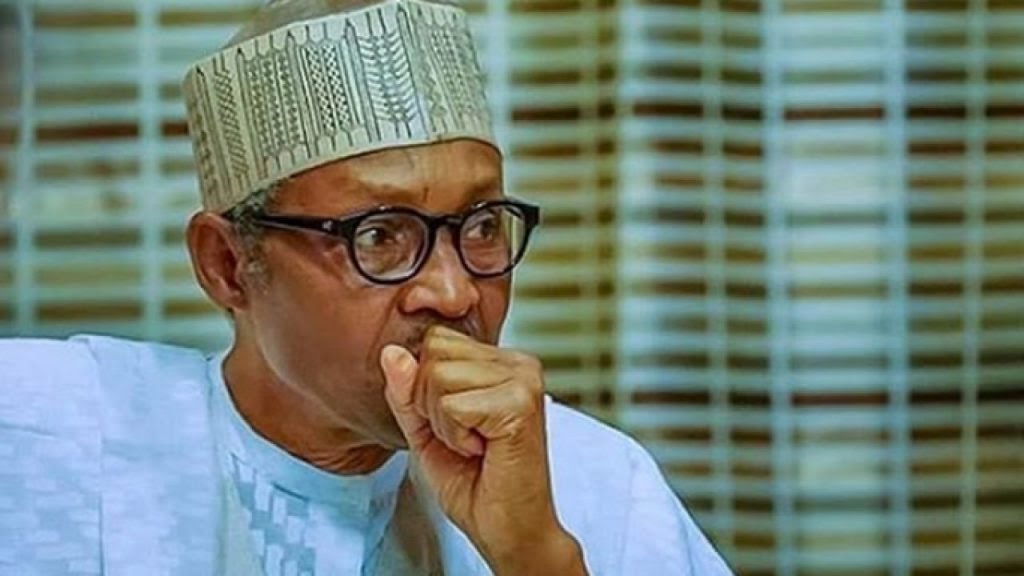

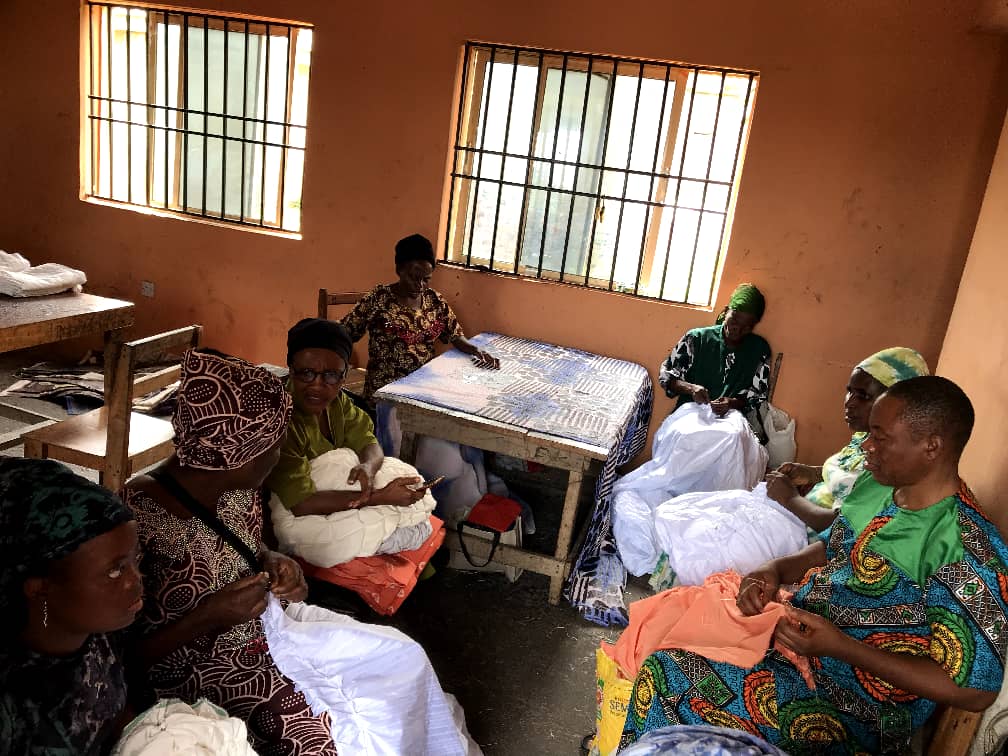
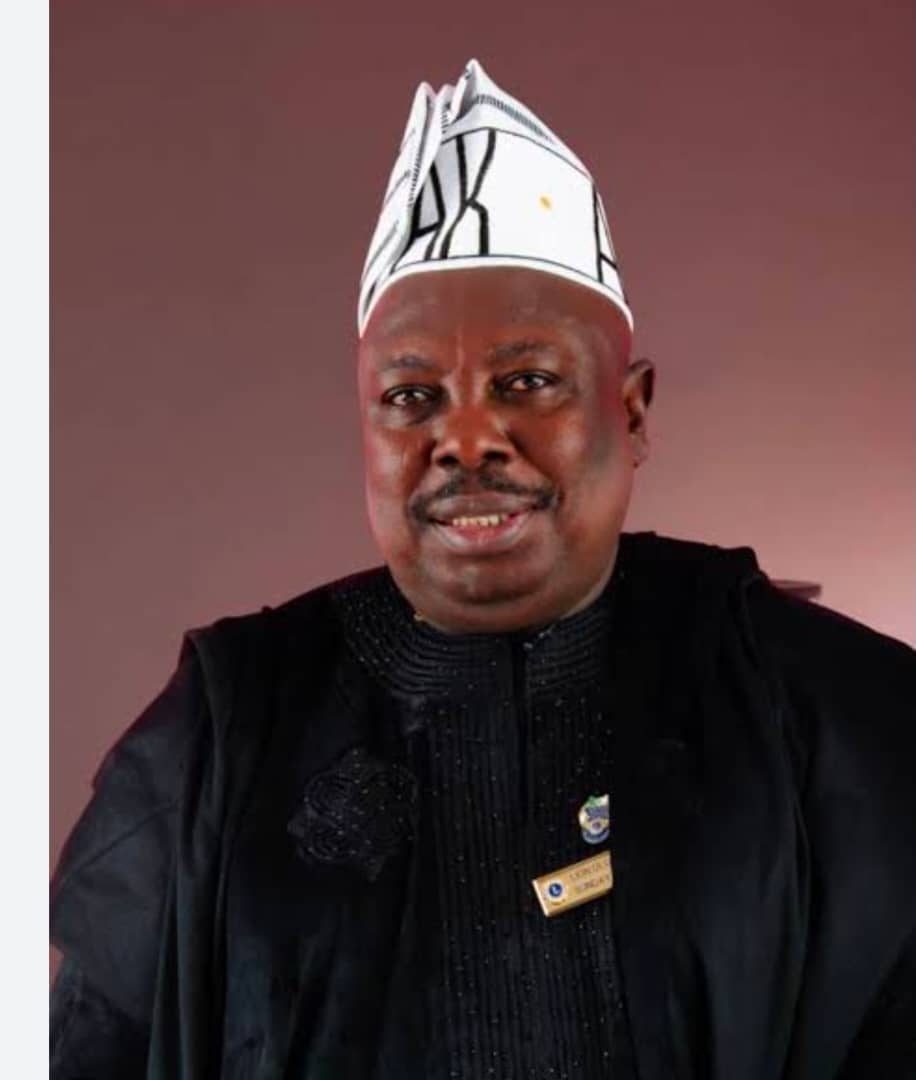
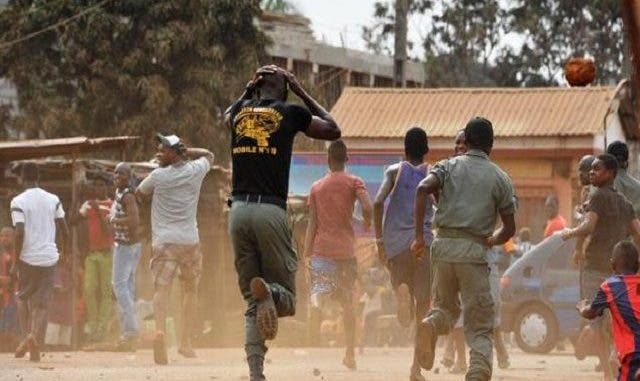

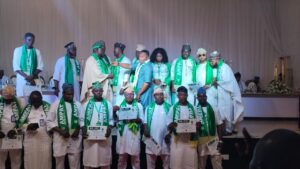


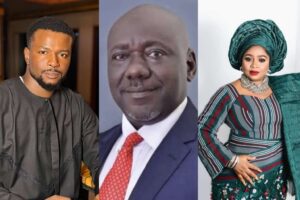


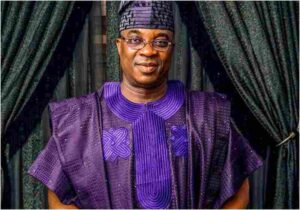


Post Comment